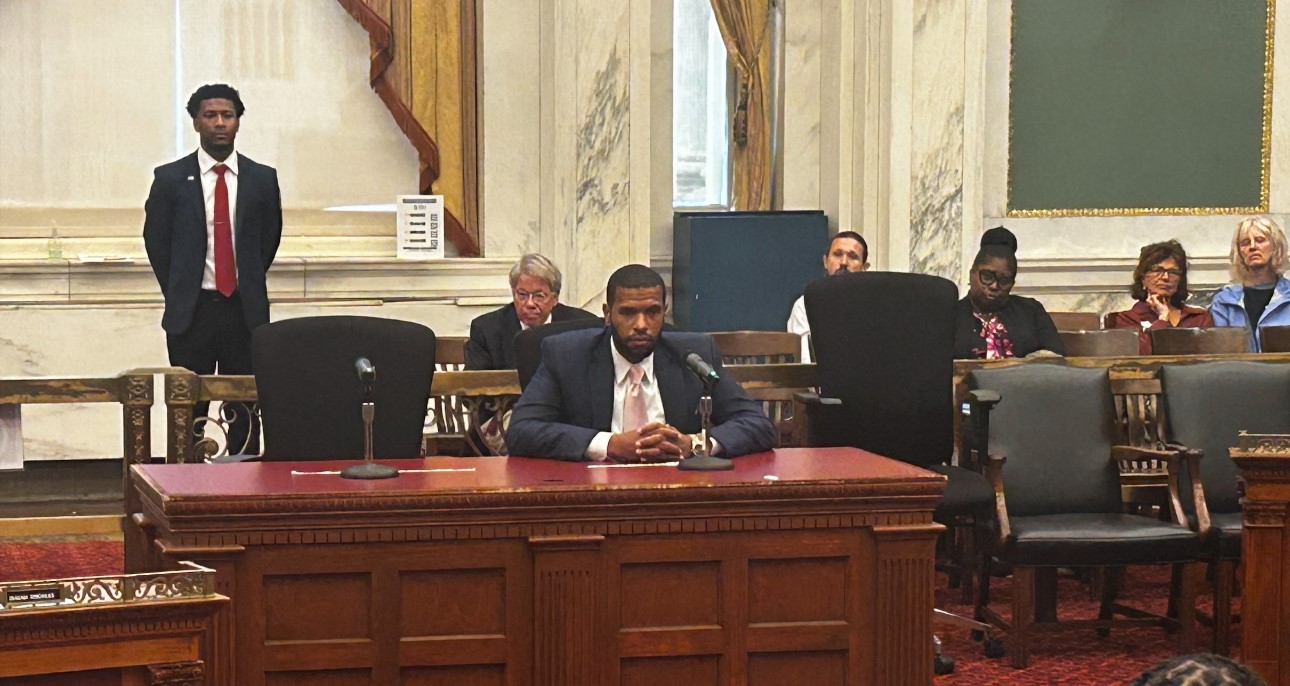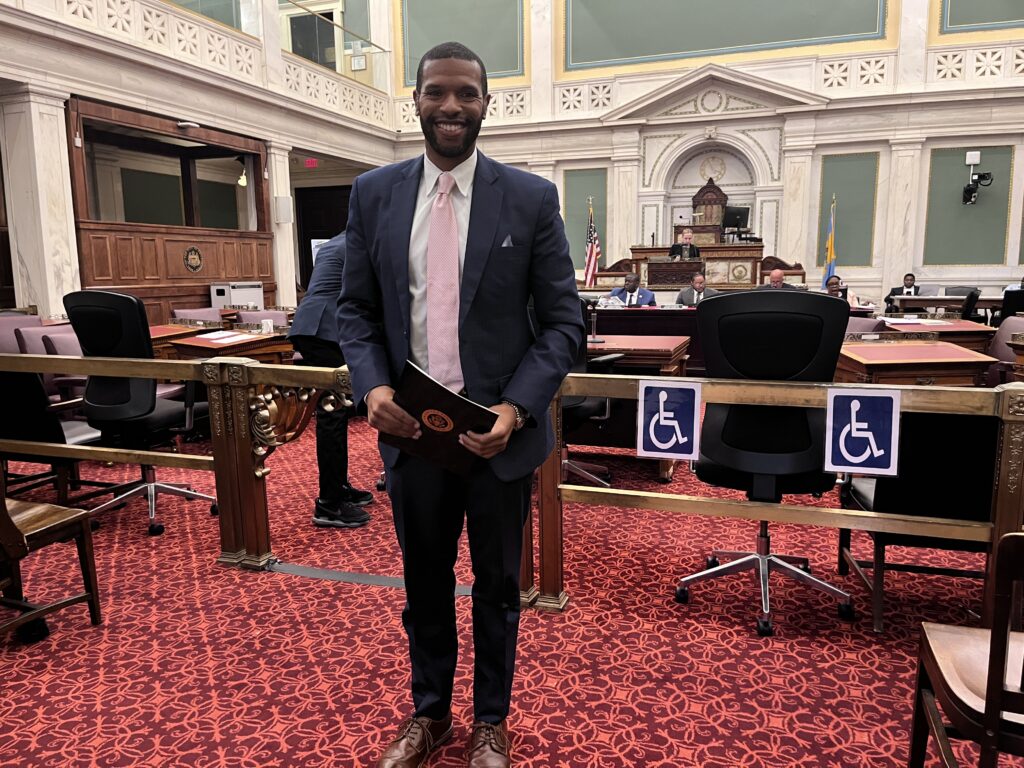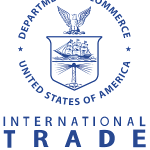Lew Myers Advocates for Intercity Bus and Intermodal Facility at Philadelphia City Council Hearing


Lew Myers, Director of Policy, Research and Impact for the American Bus Association Foundation (ABAF), appeared before the Philadelphia City Council’s Committee on Transportation and Public Utilities on May 21 to deliver remarks supporting a permanent intercity bus and intermodal transportation facility in the city.
Speaking at a public hearing held at City Hall, Myers emphasized the urgent need for Philadelphia to invest in a safe, centralized, and accessible intermodal terminal that includes intercity bus and motorcoach services infrastructure. His testimony highlighted the economic, environmental, and social benefits such a facility would offer—to the city and the broader Mid-Atlantic region.
“Intercity bus and intermodal facilities are essential hubs in a functioning transportation network,” Myers stated. “They connect passengers to jobs, education, health care, and tourism opportunities—especially for underserved and lower-income communities who rely on motorcoach travel as an affordable and dependable option.”
Myers warned that the current instability in intercity bus locations across Philadelphia has led to service reductions and disconnected transit options. “Uncertainty and relocation erode passenger confidence,” he said, noting that the absence of a permanent terminal has caused some carriers to discontinue service to the city, disrupting routes to major destinations like New York City, Washington, D.C., and Pittsburgh.
His testimony also spotlighted Union Station in Washington, D.C., as a model for success—generating over $35 million annually through integrated bus and intermodal operations. Myers argued that a similar investment in Philadelphia could create an economic engine that promotes tourism, supports small transportation businesses, and strengthens regional mobility.
Additionally, Myers called attention to the lack of motorcoach parking downtown, a critical barrier to supporting charter tourism and complying with federal hours-of-service regulations. A new dual-use facility, he said, would ease this pressure, improve ADA accessibility, and serve as a landmark for sustainable and equitable travel.
Peter Pan CEO Peter Picknelly also spoke before the Council on Wednesday afternoon, proposing to purchase the vacant Roundhouse police headquarters on Race Street and convert it into a new intercity bus terminal for Philadelphia. “Long-term, I think 30th Street Station is a great option. I also like the old police station…I’ll develop it for you,” Picknelly said to applause. “I’ll buy it, I’ll pay for it, and lease it back to the city. And I’ll get it done quick. I’m telling you; we’ll do it. We’ve done it elsewhere. We’re working in Providence [Rhode Island] to do it now.”
“Our company’s committed to Philadelphia. We’re committed to providing first-class transportation, but we need to do a better job,” Picknelly said. “People deserve a better bus terminal than what we have, and they need a new bus terminal quickly.”
In addition to those who spoke at the meeting, more than 40 people submitted written comments to City Council members for consideration.
The hearing comes at a pivotal time as the U.S. Department of Transportation updates its National Travel and Tourism Infrastructure Strategic Plan. “Philadelphia has the opportunity to be a national case study for success—or to highlight gaps in planning and coordination,” Myers concluded.
For more details on the City Council meeting, visit the official meeting page.



